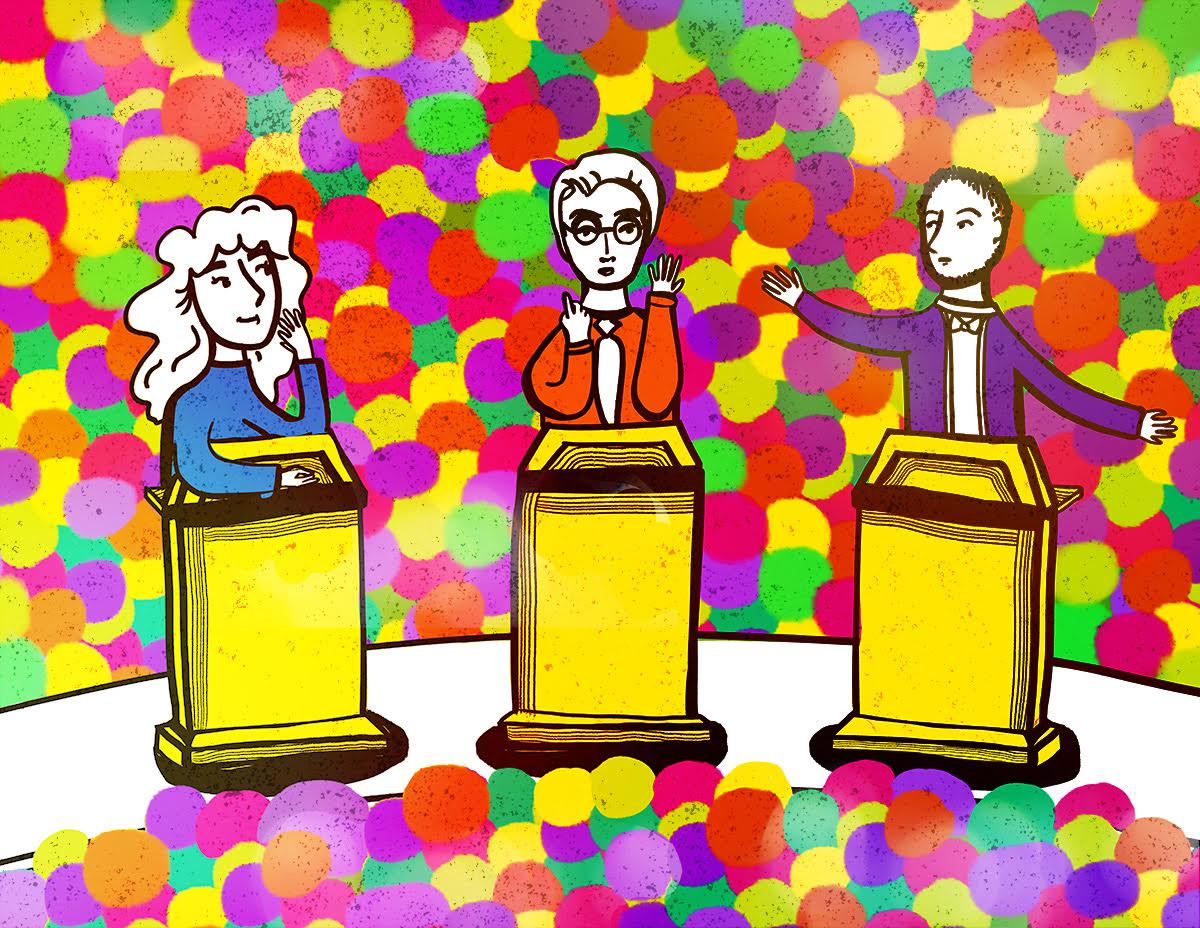Concordia students spoke with The Concordian about the upcoming municipal elections, and whether or not they will be casting their votes
With Montreal’s municipal elections right around the corner, some Concordia students say that casting their vote on Nov. 6 and 7 has never felt more critical.
In the past, first-year Concordia student Roxanne Tesar, 22, did not consider herself as someone interested in municipal politics. This year, she headed to the polls.
Tesar says that she wants to see change when it comes to municipal politicians’ priorities in Montreal.
Questions surrounding Bill 96 — a bill looking to recognize Quebec as a nation with French as its official language — and systemic racism in Montreal are issues that feature prominently on Tesar’s mind this election season.
“I’m connected because I’m not bilingual, I’m anglophone and I’m a person of colour,” said Tesar. “Issues regarding racism and language affect me.”
Issues concerning language rights and inclusion, public safety, and systemic racism were among those tackled during Montreal’s English-language mayoral debate on Oct. 28.
While Tesar is participating in this year’s municipal elections, she says that she understands why some students may not feel as inclined to do so.
“It’s harder to get involved when you feel like you’re in the dark,” said Tesar. “If you think that it’s pointless and then stop becoming informed, you’re not going to want to be involved.”
Julia Lecompte-Robbins, 20, said that she does not feel invested in the upcoming elections. “I’m not very involved in it I guess,” she said. “I’m not very political, that’s pretty much it.”
Driving past vibrant posters of different councillors in her riding of Beaconsfield is the limit of her awareness of municipal politics this election season, she said. While Lecompte-Robbins voted in the recent federal elections in September, she felt that the scale of Montreal’s elections has impacted her willingness to vote.
“[The municipal election] is very small,” she said. “I don’t find that it has that big of an impact as it would if it was provincial or federal.”
For Lecompte-Robbins, encouraging young people in particular to vote in this election and being politically aware feels unnecessary.
“We’re young and it’s not like we own a house, most of us live with our parents,” said Lecompte-Robbins. “It’s mostly our parents that deal with the stuff that happens, so it’s not much of a concern for ourselves.”
Béatrice Soucy, 23, a political science and human relations student at Concordia, said that she feels discouraged by the low number of young voters in her age group.
“Our generation is the future,” said Soucy. “It’s sad to see young people losing faith in politics.”
Concordia graduate journalism student, Duncan Elliott, 25, believes that participating in the municipal elections is important now more than ever.
“The municipal decisions directly affect your street, your home, your community,” said Elliott. “I see that a lot of people don’t vote in their municipal elections, but I think it’s the one people should vote for the most.”
Municipalities are responsible for close to 60 per cent of Montreal’s public infrastructure. From bike paths and community centres to road signage and the police department, the City Hall plays a critical role in managing key services of everyday life. Municipal elections historically have low voter turnout. In 2017, only 43 per cent of eligible voters cast a ballot. During Canada’s federal election later in September of this year, 62 per cent voted.
“The fact that not a lot of people vote in [municipal elections], I think is where younger people can really have their voices heard in the community,” said Elliott. “A lot of people complain, but not a lot of people do anything about the complaints that they’re issuing. Now is the time to do something about it.”
Lack of voter participation among young people is nothing new to overall voting trends. There is a significant gap in voter turnout between younger and older age groups in Canada. Half of Montrealers aged 56 or older cast their ballot in the 2017 municipal elections, compared to only 29 per cent of those aged between 18 and 35.
According to the 2015 National Youth Survey from Elections Canada, a lack of motivation and access are the two key barriers preventing young people from voting.
“I think it’s because they don’t think they can effect change,” said Elliott. “Not only do I think that it’s important for people to have their voices heard, they should try to be more involved in the community so they can make more well-rounded decisions.”
Graphic by Madeline Schmidt




